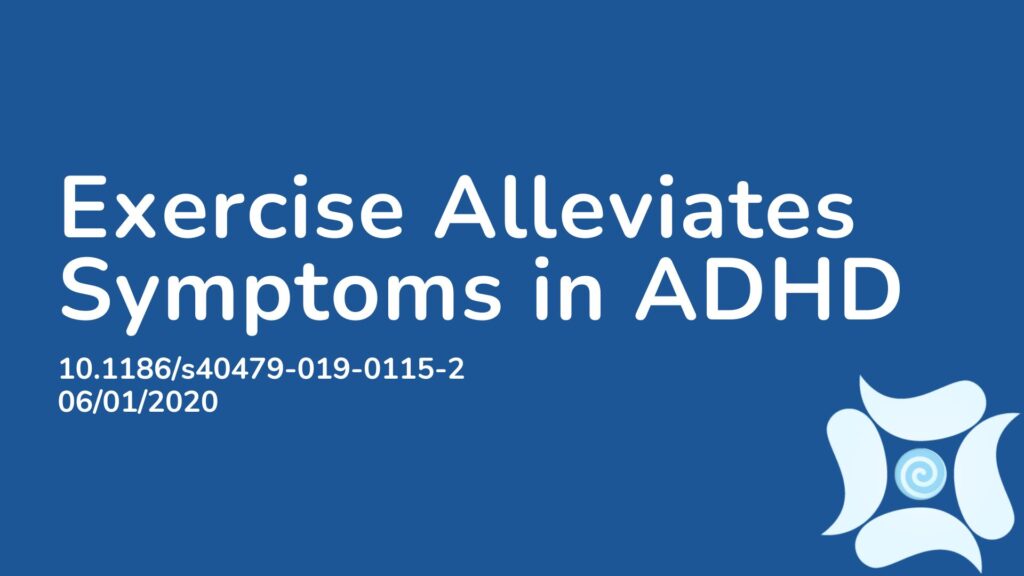Summary:
Physical exercise is widely recognized for its positive effects on overall health and well-being, and growing research suggests that exercise benefits individuals with attention deficit hyperactivity disorder (ADHD) by reducing impulsivity and hyperactivity, improving attention, and enhancing executive function. This paper reviewed the neurophysiological basis for exercise’s effects on cognition and behavior and examined studies on both short-term and long-term exercise interventions for ADHD. It provided a comprehensive examination of the effects of different types of exercise on behavioral, cognitive, and neurophysiological outcomes in ADHD, covering the latest studies involving children, adolescents, and adults. The paper also explored the overlapping symptoms and neurophysiological characteristics of ADHD and borderline personality disorder (BPD), highlighting the potential benefits of exercise for BPD as well. The analysis conclusively showed that both acute and long-term exercise interventions may benefit ADHD patients. Moderate-intensity aerobic exercise showed profoundly positive effects on symptoms and executive functions in children. The researchers found a lack of research on BPD and exercise, but given the symptom overlap with ADHD and the high comorbidity between the two, exploring exercise’s potential for BPD therapy is recommended.
Abstract:
A growing body of literature indicates a potential role for physical exercise in the treatment of attention deficit hyperactivity disorder (ADHD). Suggested effects include the reduction of ADHD core symptoms as well as improvements in executive functions. In the current review, we provide a short overview on the neurophysiological mechanisms assumed to underlie the beneficial effects of exercise. Further, we review the current evidence from experimental studies regarding both acute exercise and long-term interventions in ADHD. While the positive effects observed after acute aerobic exercise are promising, very few well-designed long-term intervention studies have been conducted yet. Moreover, although exercise effects have not yet been studied in borderline personality disorder (BPD), in the end of this paper we derive hypotheses why exercise could also be beneficial for this patient population.
Article Publication Date: 06/01/2020
DOI: 10.1186/s40479-019-0115-2



